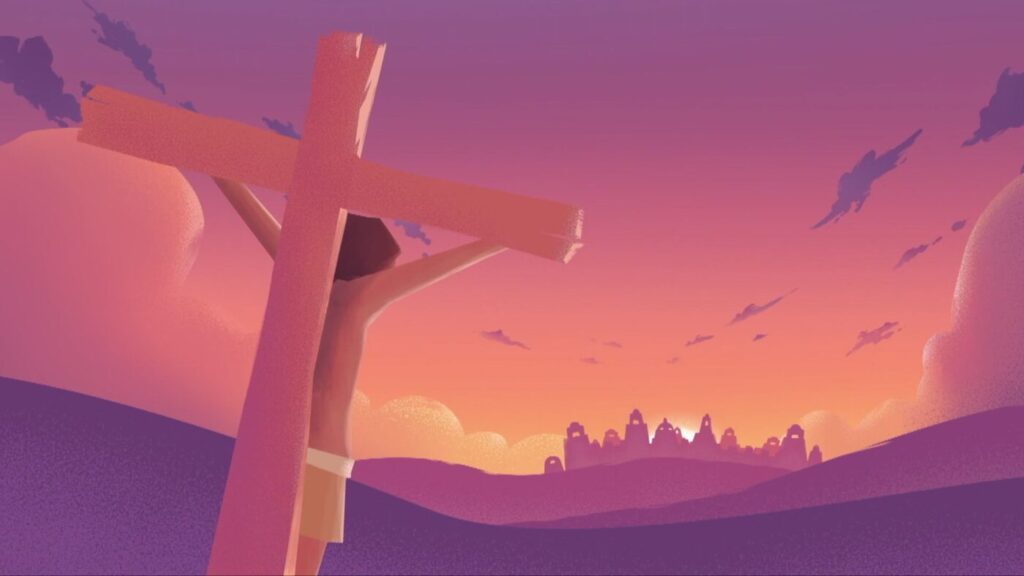Easter is one of the most widely celebrated holidays around the globe. It is characterized by bright traditions, merry gatherings, and deep religious meaning. But why do we celebrate Easter? This holiday, mainly celebrated by Christians, is dedicated to the resurrection of Jesus Christ. However, the origins of Easter are much older and connected with religious and cultural practices dating back to centuries. Let’s delve into the history, meaning, and customs associated with Easter.
The Meaning of Easter
Easter is the commemoration of the resurrection of Jesus Christ from death. Christians believe Jesus was crucified on Good Friday and rose again on Easter Sunday. It marks a triumph over death and sin, offering eternal life hope to believers. It serves as the premise of Christian faith since it underscores life after death. To the Christians, Easter reinforces their belief in Jesus as the Son of God and savior.
Why is Easter Important?
Easter is very important in Christianity because it represents the victory of Jesus over death. His resurrection fulfilled ancient prophecies. If Easter did not happen, the Christian belief system would lack its central narrative about salvation and redemption. Celebrating Easter reinforces faith, hope, and the message of love and forgiveness that Jesus preached.

The Historical Origins of Easter
Even though Easter is considered to be a Christian holiday, its history is more obscure. Historians have at times believed that the word “Easter” could have its roots in the name “Eostre,” one of the ancient pagan gods. The goddess Eostre was adored under the spring and renewal paradigms that are seen in many ways concerning rebirth themes represented in the Easter story. The early Christians probably adopted a spring festival and used the rituals of the festival as part of the religious functions, which gives birth to the Easter celebrations observed today.
When Do We Celebrate Easter?
Easter is not celebrated on the same date every year. Instead, it occurs on a lunar calendar. The day of Easter Sunday falls on the first Sunday after the first full moon of spring equinox. The dates vary from March 22 to April 25. In that case, Easter has to occur around the Jewish Passover season when Jesus was crucified. For that reason, Easter falls early in spring, marking the renewal season.
Easter Around the World
It is celebrated differently in every part of the world. Easter in the United States, as well as much of Europe, involves egg hunts, feasts, and religious services. In Latin America, processions, rituals, and ceremonies are commonplace. Spain celebrates Holy Week, also known as Semana Santa, with the most magnificent procession of colorful costumes, symbols, and more.
Easter Eggs and their Significance
An Easter icon par excellence is the egg, which symbolizes new life and rebirth-the core Easter message. In other places, eggs are dyed or painted with detailed patterns. An Easter egg hunt-the famous North American custom-which consists of concealing eggs for children to seek is a representation of discovering life.

The Easter Bunny
The Easter Bunny is one of the most celebrated figures in modern Easter. The “Osterhase” or Easter hare is a figure of German folklore that would leave eggs for children to search for. German immigrants introduced this tradition to America and it has become one of the fun parts of the Easter celebrations. The connection the bunny has with Easter springs from its fertility and the symbolism of life, suitable for the themes of this season.
Why do we celebrate Easter with feasts?
Feasting is an integral part of Easter celebrations. After weeks of fasting and abstinence in Lent, Easter Sunday is the time to rejoice in the resurrection of Jesus Christ. In many cultures, it is the best time of the year in which all the Christian denominations can celebrate the festival with big feasts where lamb or ham is offered with so many side dishes. All these feasting is only to celebrate resurrection and the joy of celebrating it among loved ones.
Why Do We Have Easter on Different Days Each Year?
Easter is always on the first Sunday following the first full moon after spring equinox, meaning it is a lunar calendar.
What do Easter Eggs Represent?
Easter eggs represent new life and rebirth in their message just as with the story of Jesus’s resurrection.
Why do we have the Easter Bunny for Easter?
The Easter Bunny comes from German folklore because it represented fertility and new life.
What is Easter in the religious context?
The resurrection of Jesus Christ forms the core of the Christian faith, and it begins with Easter.
How do other countries celebrate Easter?
Easter is a glad occasion for which every country has its different customs like processions in Spain to egg hunts in the United States.
Key Points
Easter occurs every year at the time of the first full moon following the spring equinox.
It is full of traditions like Easter bunny and egg hunts that symbolize life, hope, and renewal, yet are both religious and culturally influenced.
Easter continues to unite people across cultures, faiths, and backgrounds. Whether in a church, at home, or through community events, Easter remains a treasured time for honoring the message of life, hope, and love. The holiday encourages reflection on life’s blessings and an appreciation for rebirth in all its forms.
Easter is a universal message of renewal for people in all ages, creating a feeling of happiness, thanks, and hope for more beautiful days.



















